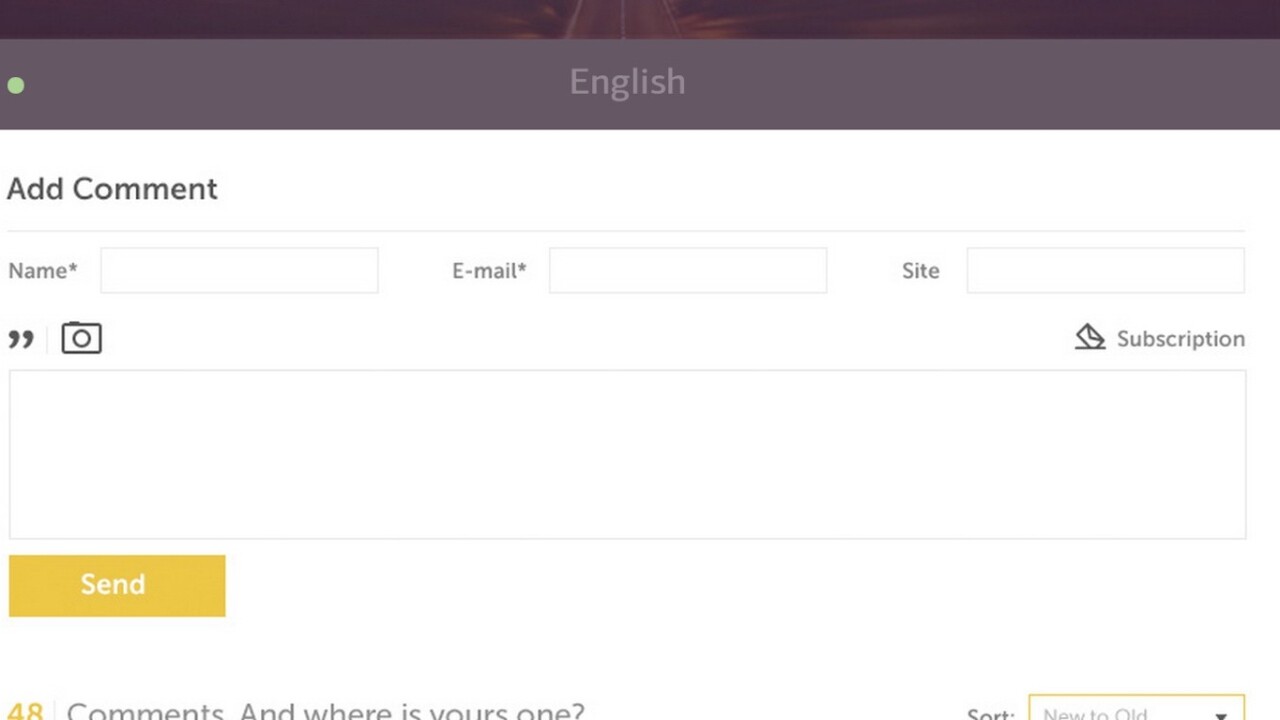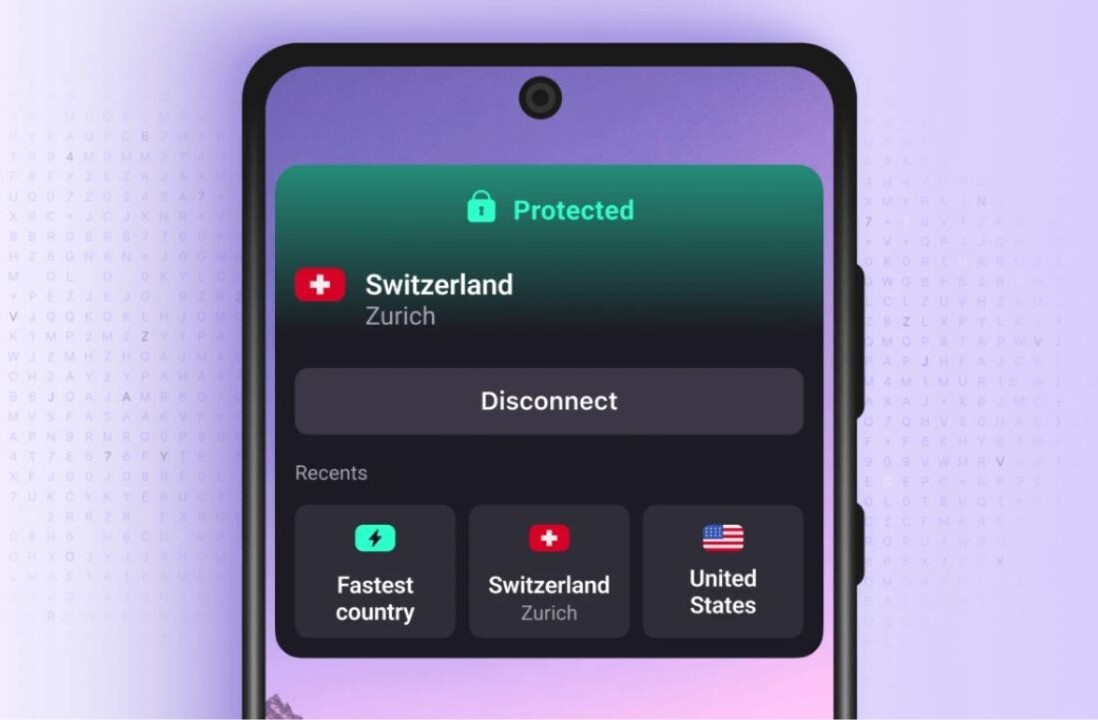
Anyone who’s had to launch a WordPress-powered website in the past few years knows about the point where a choice has to be made of which commenting system to install. Should you stay with the built-in self-hosted comments, or maybe install a third-party system like Livefyre or Disqus, or maybe get Facebook comments because almost everyone has an account there anyway?
Meanwhile, some publications are closing their comments sections altogether, moving the conversation to social networks, like Reuters did last year with its news stories.
A recent new entrant on the comments scene is De:comments, a plugin that builds an advanced experience on top of the native WordPress commenting system. Despite the huge popularity of external solutions, sometimes they can be a bit slow or go down, while many website owners would prefer to be in control of every aspect of their online projects — and that seems to the target audience here
Created by Ukrainian WordPress development studio Deco.agency, De:comments is a subscription-based product that costs from $50 a year for a single website to $300 a year for 10 websites (it also supports the multisite feature and requires only one license per network). The system’s features include the ability to give users badges for certain posting-related “achievements”, as well as a voting system for comments.
Similar to Disqus, you are able to sync comments to your native WordPress comments database so that you don’t lose them if you remove de:comments in the future. However, because it runs locally without relying on third-party servers, your comments won’t go down beyond your control.
In addition to that, users are able to attach pictures (yes, GIFs too), videos and rich social network embeds. Some of the features can be seen and tried in a sandbox. The system also appears to be highly customizable and looks good on smaller screens of mobile devices.
“Websites about technology, the economy and entertainment usually get interesting discussions going in the comments, which is good for the publication itself,” said Fedorov. “In addition to that, some epic threads get viral on social networks where people share not even the post itself but the comments underneath.”
Currently the plugin is available in English, Ukrainian, Polish, and Russian, with a few other European language versions scheduled to be released in the next two weeks.
With all the new functionality, de:comments remains a superstructure on top of the native commenting system, which means it can still work with third-party plugins, including must-have ones like the spam protection classic Akismet or WordPress Social Login and other tools that allow different ways of users’ authentication.
Get the TNW newsletter
Get the most important tech news in your inbox each week.






